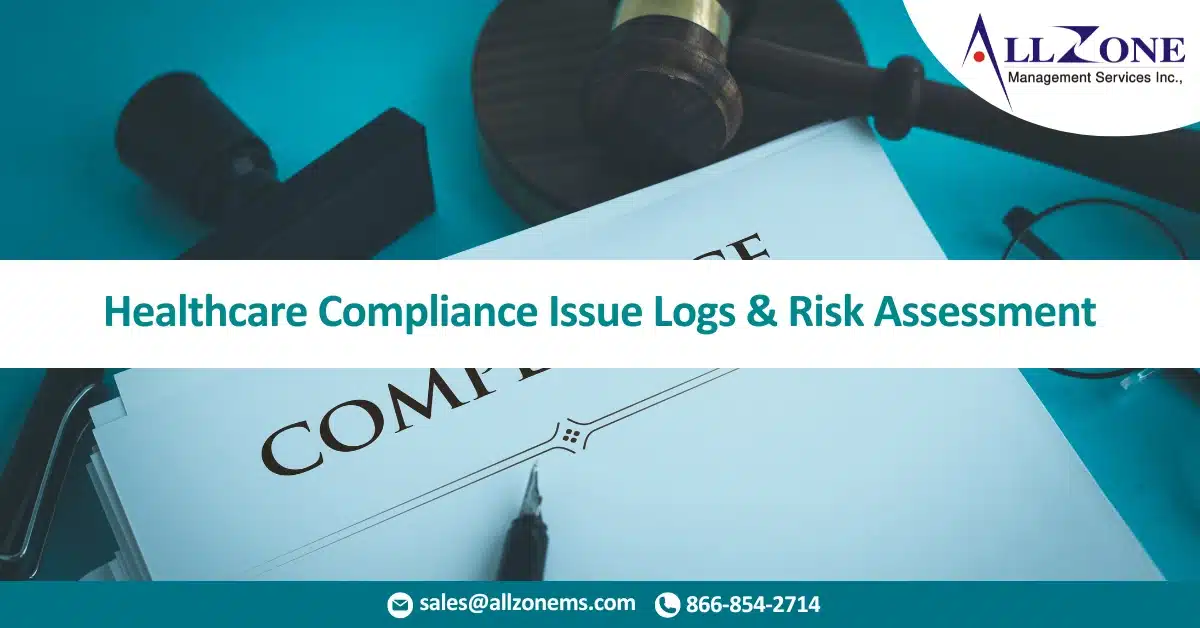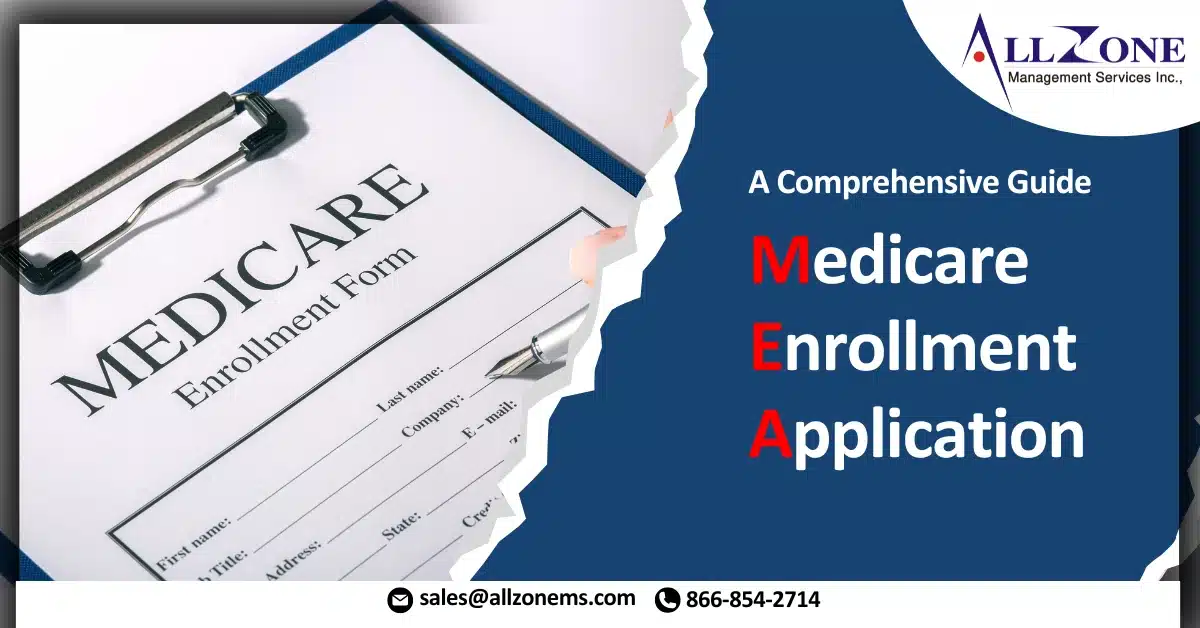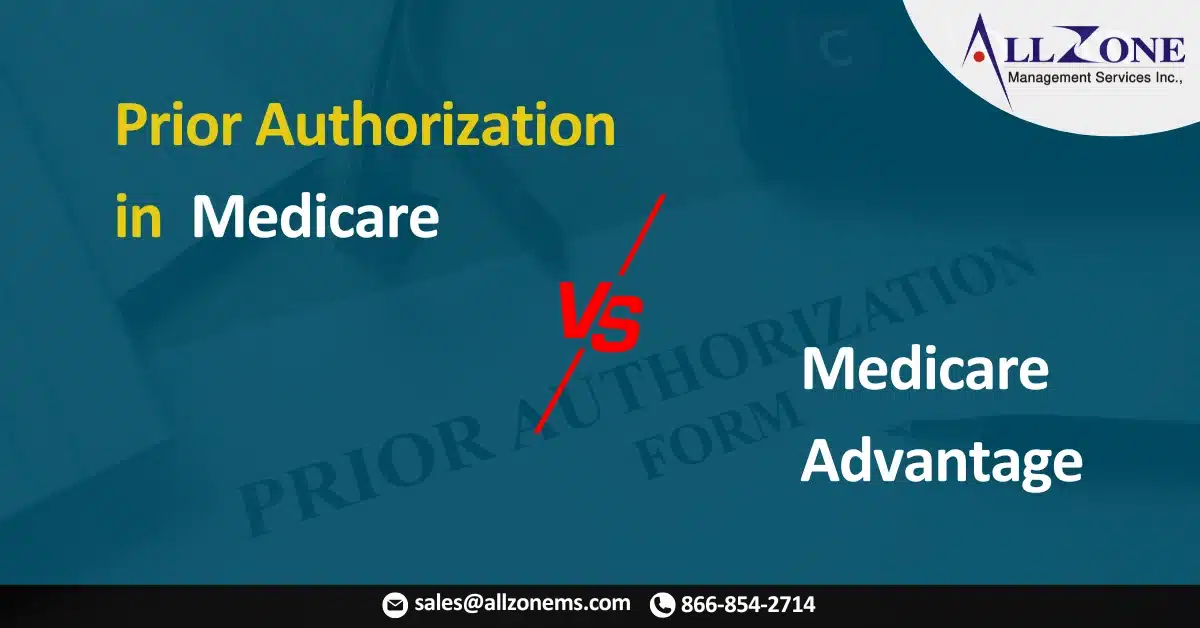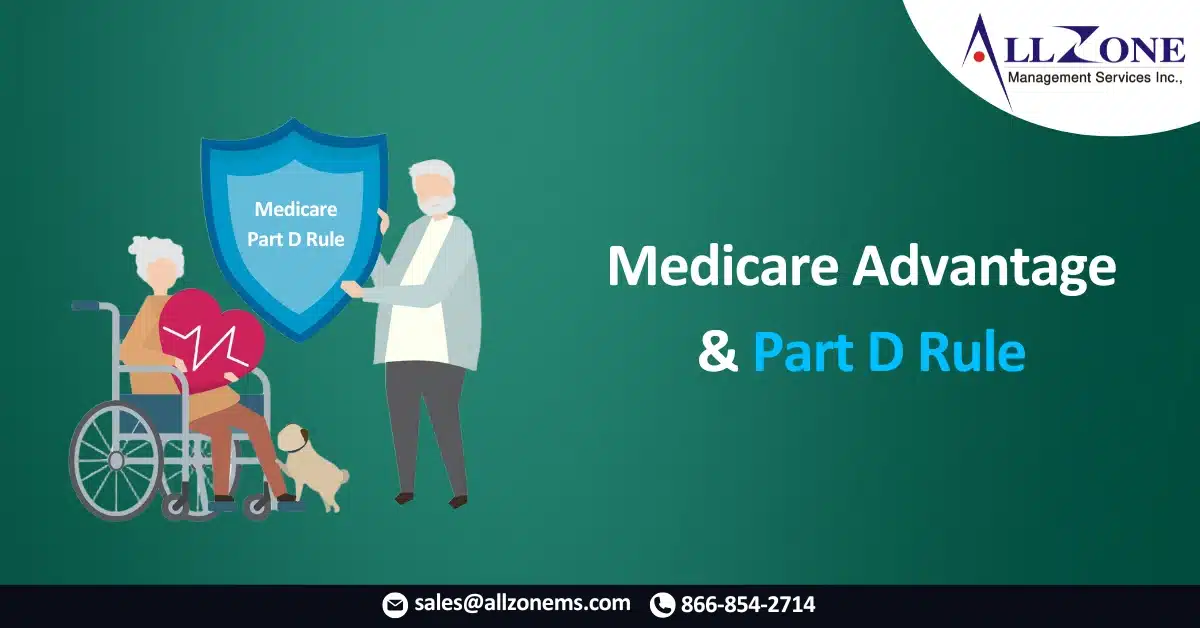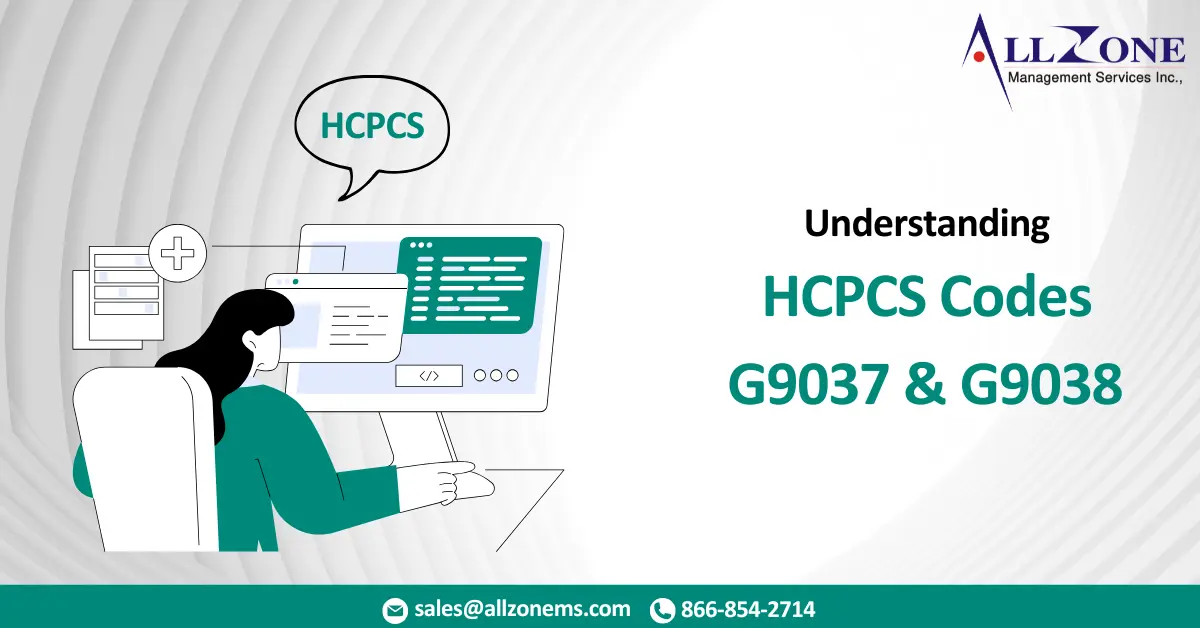Healthcare providers face mounting financial pressures due to rising operational costs, evolving regulatory requirements, and shrinking reimbursement rates. One of the most critical areas affecting revenue cycle efficiency is claims denial management. Despite advancements in technology, many healthcare organizations still rely on manual claims denial management, leading to inefficiencies, revenue leakage, and administrative burdens. This […]
Selecting a diagnosis code based solely on intuition is not enough. Each diagnosis must be supported by clear clinical rationale, documented in the care plan, and recorded in the patient’s chart notes. Staying informed about Code Updates for Chiropractic Practices ensures accuracy, compliance, and proper reimbursement for services rendered. Coding Best Practices Symptom vs. Diagnosis […]
Therapy services play a vital role in healthcare, helping patients recover from injuries, manage chronic conditions, and improve overall well-being. To ensure accurate billing and reimbursement, healthcare providers must use the correct therapy services codes. These codes, primarily based on the Current Procedural Terminology (CPT) and Healthcare Common Procedure Coding System (HCPCS), help standardize claims […]
Troubleshooting and insurance: These are the dual purposes of maintaining a detailed Healthcare Compliance Issue Logs, according to a senior compliance executive. Speaking at AAPC’s HEALTHCON Regional, the senior compliance executive highlighted the Office of Inspector General’s (OIG) new voluntary compliance guidance, emphasizing its importance even for organizations already familiar with the seven elements of […]
Enrolling in Medicare can feel like navigating a maze of paperwork and deadlines. This comprehensive guide aims to simplify the process, focusing specifically on the new Medicare enrollment application. We’ll break down the different parts of the application, explain eligibility requirements, discuss enrollment periods, and offer tips for a smooth and successful enrollment experience. Understanding […]
Prior authorization, the requirement for pre-approval from your insurer for certain services, is a common practice in both Original Medicare and Medicare Advantage (MA) plans. While it helps manage utilization and costs, it can also be frustrating, especially when a request is denied. A 2023 study by health policy research revealed the increasing prevalence of […]
Accurate coding of dermatological procedures requires a deep understanding of skin anatomy and the ability to extract key details from clinical documentation. Over the past two months, we’ve covered Wound repair coding guidelines for skin tag removal, shaving, and lesion excision. Now, in this final installment, we focus on wound repair (closure) procedures using CPT® […]
The Medicare Rights Center has submitted comments on the proposed Medicare Advantage and Part D rule for 2026 from the Centers for Medicare & Medicaid Services (CMS). This annual rule introduces critical provisions aimed at strengthening prior authorization standards, enhancing transparency, and improving access to accurate plan information for beneficiaries. We strongly support these reforms […]
Clinicians participating in the Making Care Primary (MCP) model now have access to two new HCPCS Level II codes, HCPCS Codes G9037 and G9038, introduced in fiscal year (FY) 2024. These codes expand the scope of interprofessional consultation services, allowing primary care providers (PCPs) to bill for time spent collaborating with specialists. The MCP Model: […]
Claim denials are a significant headache for healthcare providers, impacting revenue and administrative efficiency. While denials can stem from various issues, a large majority are rooted in documentation errors, particularly those related to demonstrating medical necessity. Defining Medical Necessity: The American Medical Association (AMA) defines medical necessity as healthcare services or products provided to a […]




